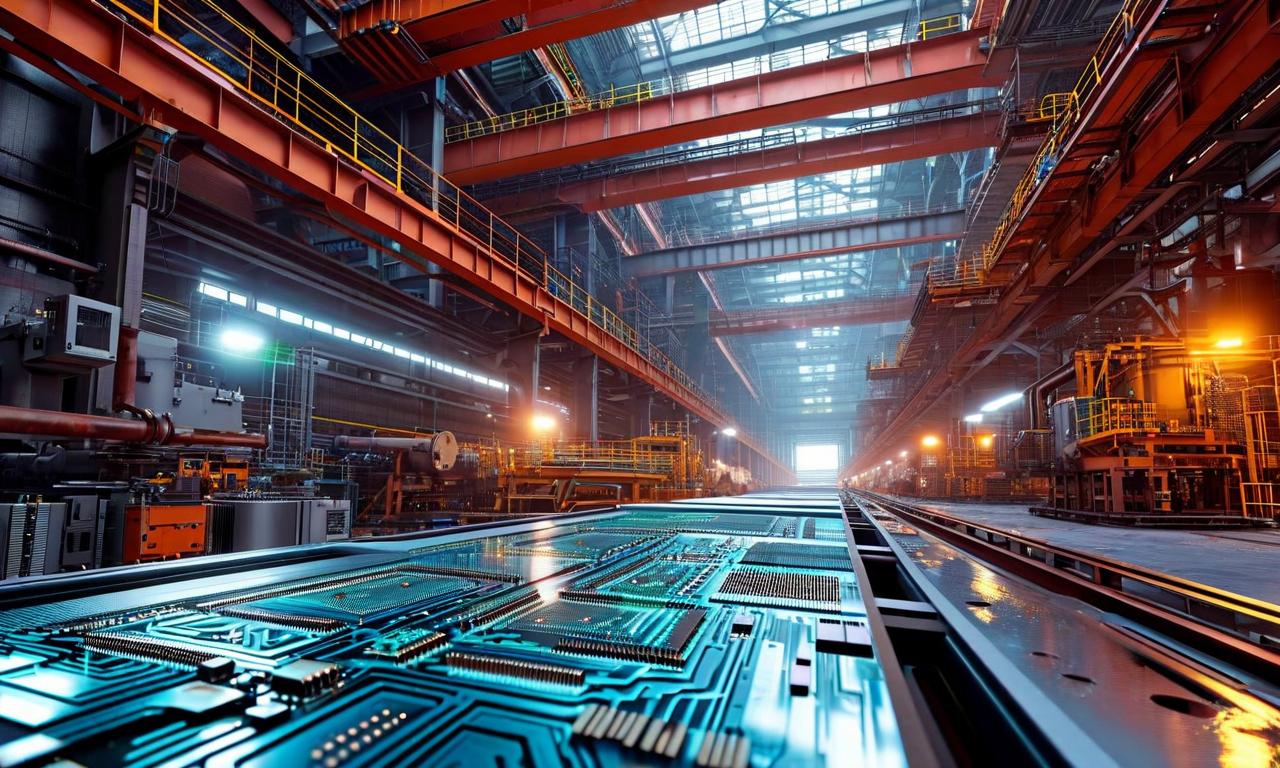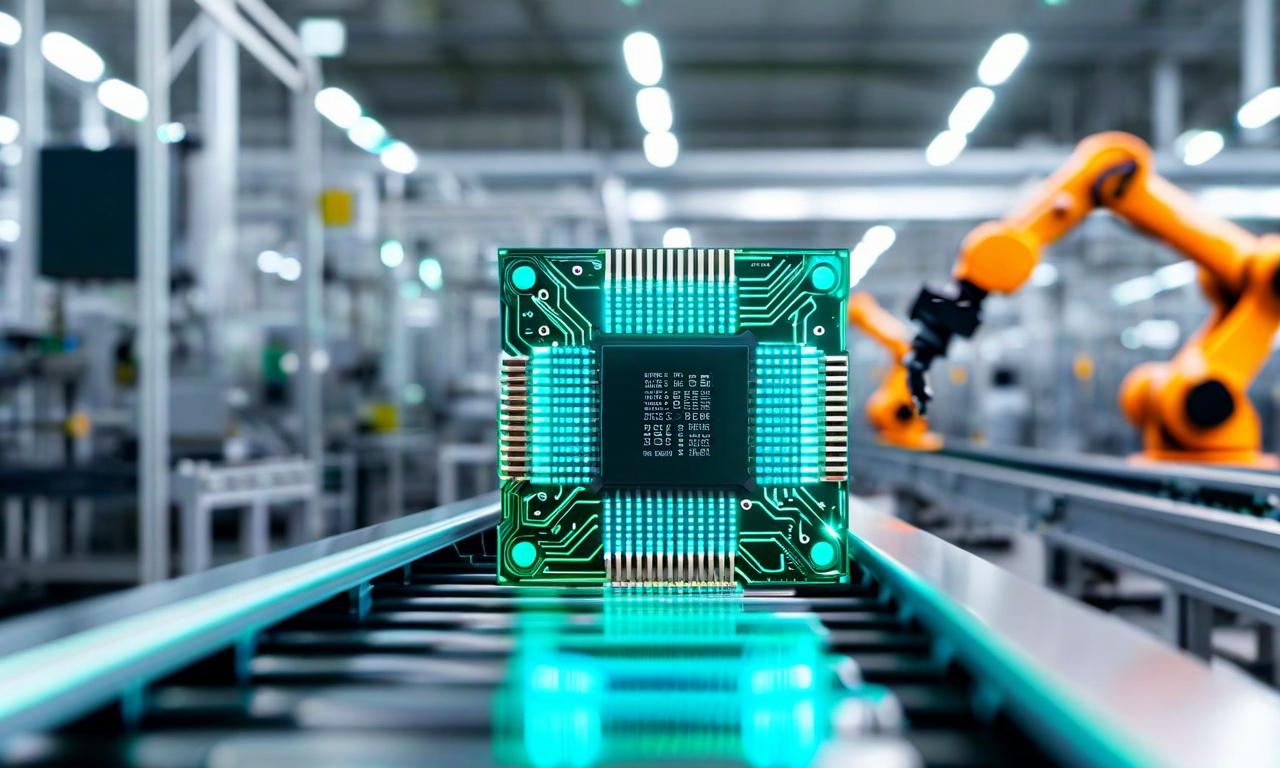U.S. Treasury Rules Out Stake in Nvidia Despite Strong Q2 Results, Eyes Other Strategic Industries
Treasury Secretary Scott Bessent clarified that the U.S. government is not considering taking a stake in Nvidia, citing the company's strong financial position. Nvidia reported impressive Q2 results with revenue of $46.74 billion and adjusted EPS of $1.05. Bessent mentioned shipbuilding as a potential sector for government investment. This follows recent government interventions in other strategic sectors, including a stake in Intel and oversight in U.S. Steel.

*this image is generated using AI for illustrative purposes only.
In a recent statement, Treasury Secretary Scott Bessent clarified the U.S. government's stance on potential investments in the technology sector, particularly regarding chipmaker Nvidia. Bessent emphasized that the administration is not considering taking a stake in Nvidia, citing the company's strong financial position.
No Federal Stake for Nvidia Despite Impressive Q2 Performance
Bessent's comments come amidst growing interest in the government's role in supporting strategic industries and coincide with Nvidia's impressive Q2 financial results. The company reported revenue of $46.74 billion, exceeding estimates of $46.02 billion. Nvidia also delivered adjusted earnings per share of $1.05, surpassing predictions of $1.01, with net income reaching $26.42 billion. Despite these strong figures, the Treasury Secretary maintained that direct government investment in Nvidia is not being considered.
Potential Government Investment in Shipbuilding
While Nvidia has been ruled out for direct government investment, Bessent indicated that the administration remains open to taking stakes in other industries undergoing significant transformations. Notably, he specifically mentioned shipbuilding as a sector where government investment might be considered. This revelation suggests a strategic shift in the administration's approach to supporting key industries crucial to national interests and economic competitiveness.
Recent Government Interventions in Tech and Manufacturing
The announcement follows a series of government interventions in strategic sectors:
- The administration recently acquired a near-10% stake in chipmaker Intel, highlighting the importance of semiconductor manufacturing to national security and economic priorities.
- In a move to maintain oversight of critical industries, the government intervened in the acquisition of U.S. Steel by Japan's Nippon Steel. The intervention resulted in the U.S. government obtaining a 'golden share', granting Washington operational oversight in the company.
Implications for the Tech Sector
The decision not to invest in Nvidia, despite its crucial role in the AI and chip industry and strong financial performance, suggests a nuanced approach to government involvement in the tech sector. It indicates that while the administration is willing to intervene in certain cases, it also recognizes the strength and self-sufficiency of some industry leaders.
Nvidia's Q2 results underscore this self-sufficiency, with the company providing revenue guidance of $54.00 billion for Q3. Additionally, Nvidia reported no H20 sales to Chinese customers during Q2 and declared a quarterly dividend of $0.01 per share, payable on October 2.
As the global competition in technology and manufacturing intensifies, the U.S. government's selective approach to industry support and oversight is likely to remain a key factor in shaping the country's economic and strategic positioning.

























